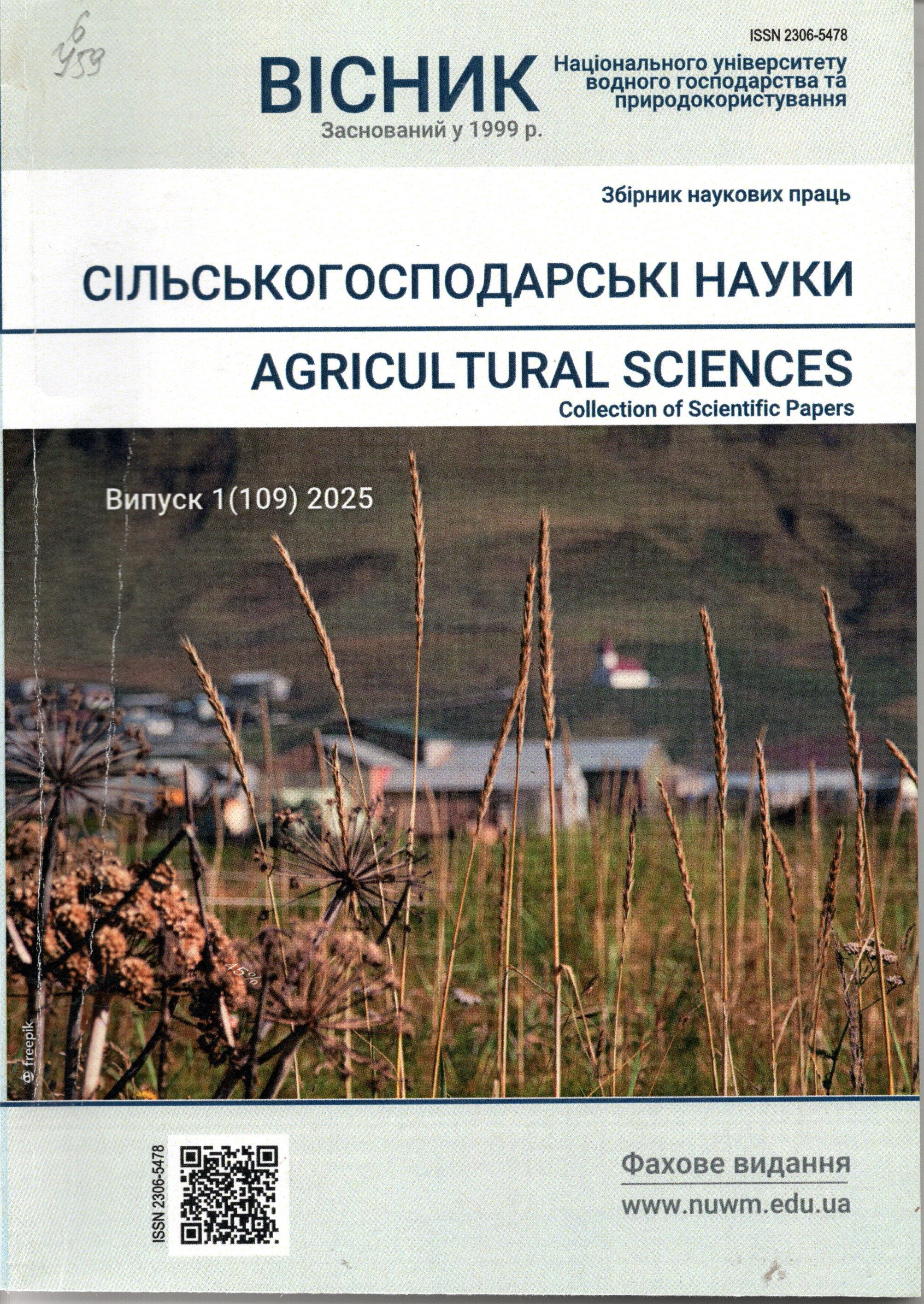MODERN APPROACHES AND PROSPECTS FOR THE USE OF ENERGYAND RESOURCE-SAVING TECHNOLOGIES IN OIL REFINING IN UKRAINE
DOI:
https://doi.org/10.31713/vs120259Keywords:
oil refining, energy efficiency, resource saving, cracking, pyrolysis, reforming, heat recovery, closed cycles, catalysts, environmental safety, sustainable development, government support, innovationAbstract
The article examines modern energy- and resource-saving technologies applied in the oil refining industry of Ukraine. Particular attention is paid to methods for reducing energy consumption and enhancing environmental safety, including heat recovery, closed water and steam consumption cycles, the use of innovative catalysts, and the integration of renewable energy sources. The relevance of pollution of the main components of the environment, in particular, atmospheric air and water resources, is emphasized. The analysis identifies key challenges limiting the implementation of advanced technologies, such as high economic costs, outdated equipment, insufficient regulatory framework, and a lack of qualified personnel. Studying the problems of modern processing of oil products, two key components that require special attention are singled out: environmental impact and technical inefficiency. A significant level of emissions of greenhouse gases, toxic substances and thermal waste is a consequence of outdated technologies and insufficient modernization of enterprises. Comprehensive measures are proposed to address these issues, including government support, international cooperation, and the creation of favorable investment conditions. In order to reduce the consumption of energy carriers, reduce emissions of harmful substances and increase the yield of target products, the introduction of heat recovery technologies, closed cycles of water and steam consumption, as well as modern catalysts is proposed. The conclusions emphasize the importance of integrating innovative solutions to ensure the sustainable development of Ukraine's oil refining sector.Downloads
Published
2025-11-06
Issue
Section
Articles

